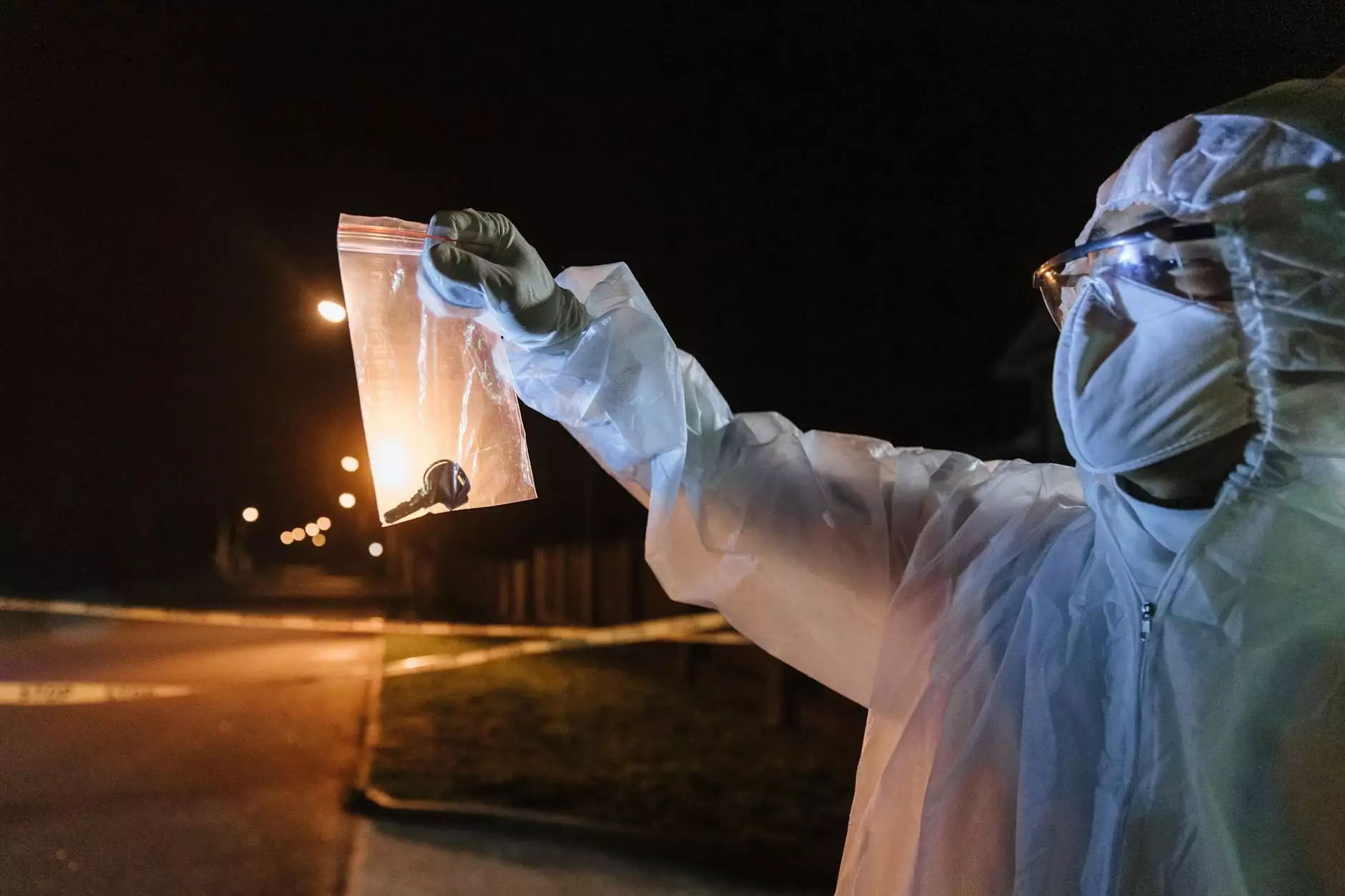Understanding the Role of Thoracic Surgeons in Health and Medical Fields

Thoracic surgeons play a crucial role in the realm of health and medicine, combining surgical precision with the profound understanding of the human anatomy, especially focusing on the chest and its contents. This article delves into the vital contributions of thoracic surgeons, their specialized areas, and their intersection with sports medicine and physical therapy. By understanding their expertise, patients, families, and even other medical professionals can better appreciate the lifesaving work they perform.
What is a Thoracic Surgeon?
A thoracic surgeon is a healthcare professional specializing in the surgical treatment of diseases affecting the chest region, encompassing the lungs, esophagus, heart, and other thoracic structures. These surgeons are highly trained, often completing extensive education and residency programs tailored to surgical procedures in this complex area of the human body.
- Education and Training: After completing a medical degree, thoracic surgeons typically undergo 5-7 years of residency training in general surgery, followed by an additional 2-3 years in cardiothoracic surgery.
- Certification: Many thoracic surgeons obtain board certification, indicating their adherence to high standards in patient care and surgical practice.
- Continuous Learning: Ongoing education is vital in this rapidly evolving field, with surgeons participating in workshops, seminars, and further specialized training in emerging surgical techniques.
Common Conditions Treated by Thoracic Surgeons
Thoracic surgeons tackle a variety of medical conditions, each requiring specialized knowledge and surgical skill. Some of the most common conditions include:
- Lung Cancer: Surgical intervention can be fundamental in the treatment of lung cancer, involving procedures such as lobectomies or pneumonectomies to remove tumors.
- Esophageal Disorders: Conditions such as esophageal cancer, achalasia, and severe gastroesophageal reflux disease (GERD) often necessitate surgical intervention.
- Congenital Heart Defects: Thoracic surgeons may perform corrective surgeries for congenital heart defects present from birth.
- Trauma Cases: Emergency surgeries for traumatic injuries to the chest region, including gunshot or stab wounds, are a critical component of their care.
- Minimally Invasive Procedures: Techniques such as thoracoscopy and robotic surgery allow for less invasive interventions, providing relief with shorter recovery times.
The Intersection of Thoracic Surgery and Sports Medicine
The relationship between thoracic surgeons and sports medicine is particularly significant, as athletes are often prone to certain chest-related injuries and conditions. This section explores how thoracic surgeons collaborate with sports medicine professionals to ensure optimal recovery for athletes.
Common Sports-Related Injuries Addressed by Thoracic Surgeons
Athletes may experience thoracic injuries that require surgical intervention. Here are some notable examples:
- Rib Fractures: Broken ribs from high-impact sports can lead to serious complications, including pneumothorax, which may require surgical repair.
- Pneumothorax: A collapsed lung can occur due to blunt or penetrating chest trauma, necessitating surgical intervention.
- Chest Wall Deformities: Conditions such as pectus excavatum or pectus carinatum can affect lung function and are sometimes treated surgically in active athletes.
Physical Therapy and Post-Surgical Care
Once surgical procedures are completed, the journey for patients is far from over. Physical therapy becomes a crucial part of rehabilitation, enhancing recovery and restoring function.
The Role of Physical Therapy After Thoracic Surgery
Post-operative physical therapy for patients who have undergone thoracic surgery is essential for several reasons:
- Pain Management: Physical therapists employ various techniques to manage pain and discomfort following surgery.
- Improving Mobility: Early mobilization through guided exercises helps prevent complications such as blood clots and lung infections.
- Strengthening the Respiratory System: Breathing exercises are a vital component of recovery, helping enhance lung capacity and function.
- Returning to Sports: For athletes, tailored rehabilitation programs are designed to safely transition them back to their sport while minimizing injury recurrence.
Innovations in Thoracic Surgery
Lately, the field of thoracic surgery has witnessed significant innovations and advancements. These innovations not only improve surgical outcomes but also enhance patient safety and comfort.
Technological Advancements
Some key technological advancements include:
- Robotic Surgery: Robotic-assisted surgery allows for greater precision and smaller incisions, leading to quicker recovery times.
- 3D Imaging: Advanced imaging techniques, including 3D rendering, assist surgeons in planning complex surgeries with greater accuracy.
- Telemedicine: The rise of telemedicine has enabled thoracic surgeons to provide follow-up care and consultations remotely, improving access to healthcare.
Choosing the Right Thoracic Surgeon
Selecting a qualified thoracic surgeon can be a daunting task for patients. Here are some essential factors to consider:
- Credentials and Experience: Ensure that the surgeon is board-certified and has a wealth of experience in performing specific procedures.
- Hospital Affiliations: The reputation of the hospital where the surgeon practices is equally important; top-tier hospitals often have better patient outcomes.
- Patient Reviews: Word-of-mouth recommendations and online reviews can provide insight into the surgeon's practice and patient interactions.
The Future of Thoracic Surgery
As medicine continues to evolve, the future of thoracic surgery looks promising. Emerging technologies, coupled with a better understanding of individualized patient care, will likely enhance surgical techniques and ultimately lead to improved patient outcomes.
Conclusion
The importance of thoracic surgeons in health and medical fields cannot be overstated. They are vital in treating complex thoracic conditions, supporting athletes in sports medicine, and ensuring a smooth recovery through physical therapy. With ongoing advancements and innovation, the field will continue to thrive, providing critical care and improving the quality of life for countless patients.
For anyone looking for expert thoracic care in Singapore, Hello Physio offers an array of services that include assessments, rehabilitation, and access to qualified thoracic surgeons. The integration of physical therapy into postoperative care is particularly beneficial, helping patients regain strength and mobility while managing pain. Trust in the expertise of thoracic surgeons to navigate your health journey effectively!









